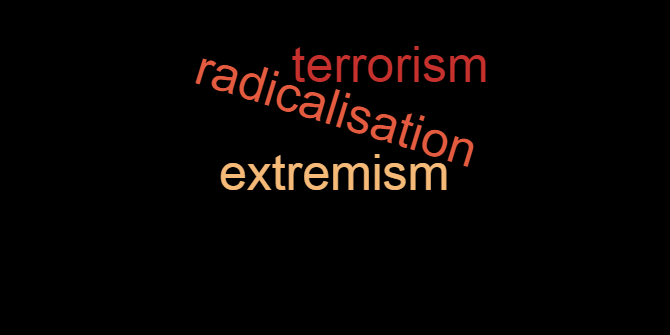Concrete steps to encounter radicalization
Agosto 5, 2018

Amer Al Sabaileh
Director of Security Languages - Senior political and security analyst
The causes of radicalism are much more intricate than simple religious ideology; there are cultural and economic aspects to it as well. Therefore, combatting violent extremism is a dual-pronged objective. De-radicalization, which is most commonly, concerned with the return of radicals from war-torn areas, is merely a remedial course of action. With hundreds of radicals said to have already returned to their countries, these disengagement and de-radicalization programs addressing the actual shift of radical beliefs are definitely needed in the short-term, but the underlying need in Jordan is to focus on counter-radicalization, or rather the mitigation of factors that may lead to radicalization in the first place. The undercurrents of poverty, hopelessness, helplessness, and a cultural stagnation in certain communities need to be addressed in order to address what needs to be done.
An essential aspect toward curbing extremist ideologies and enhancing the prospect of de-radicalisation lies in youth economic participation. Reforms that target youth in the job market and involve them in decision-making not only facilitate de-radicalisation but also contribute to their development and national development as a whole
Any de-radicalization strategy needs to be implemented within a long term vision, accountability and clear and transparent procedures with specific KPIs. Moreover, the deep understanding of the concept of de-radicalization is essential to turn any strategy to be efficient. For example, when a cinema in Zarqa was attacked by terrorists in 1993 (and still in ruins since then), rather than focusing on the underlying causes of radicalism, Jordan responded with security measures. The terrorists had already won at this point, diverging attention away from the significance of cultural sites and communal areas that bring people together, a terrorist organization’s biggest fear, toward one of security. Terrorism seeks to destroy culture, a peoples’ common bond, which is effectively the only tool to combat it. To make an impact in Jordan that will last longer than heightened security measures and de-radicalizing already troubled citizens, donors should support much-needed cultural activities. Taking concrete action in at-risk communities through funding of cultural projects is the best way to utilize stakeholders support. This includes implementing Playgrounds, parks, cultural plans and programs that promote and enable artistic endeavors, such as drawing, music, theatre and movies are great ways to engage otherwise marginalized populations.
People should appreciate their existence, public policies should focus on promoting a sense of belonging, dignity and respect. Giving people, especially youth, the opportunities to participate in building their own future and believing that they can become productive members of society. And let us remember thatthe time for theorizing is over, the time for action in long overdue.
Dr. Amer Al Sabaileh
What's Your Reaction?
Excited
0
Happy
0
In Love
0
Not Sure
0
Silly
0
Amer Al Sabaileh
Director of Security Languages - Senior political and security analyst
